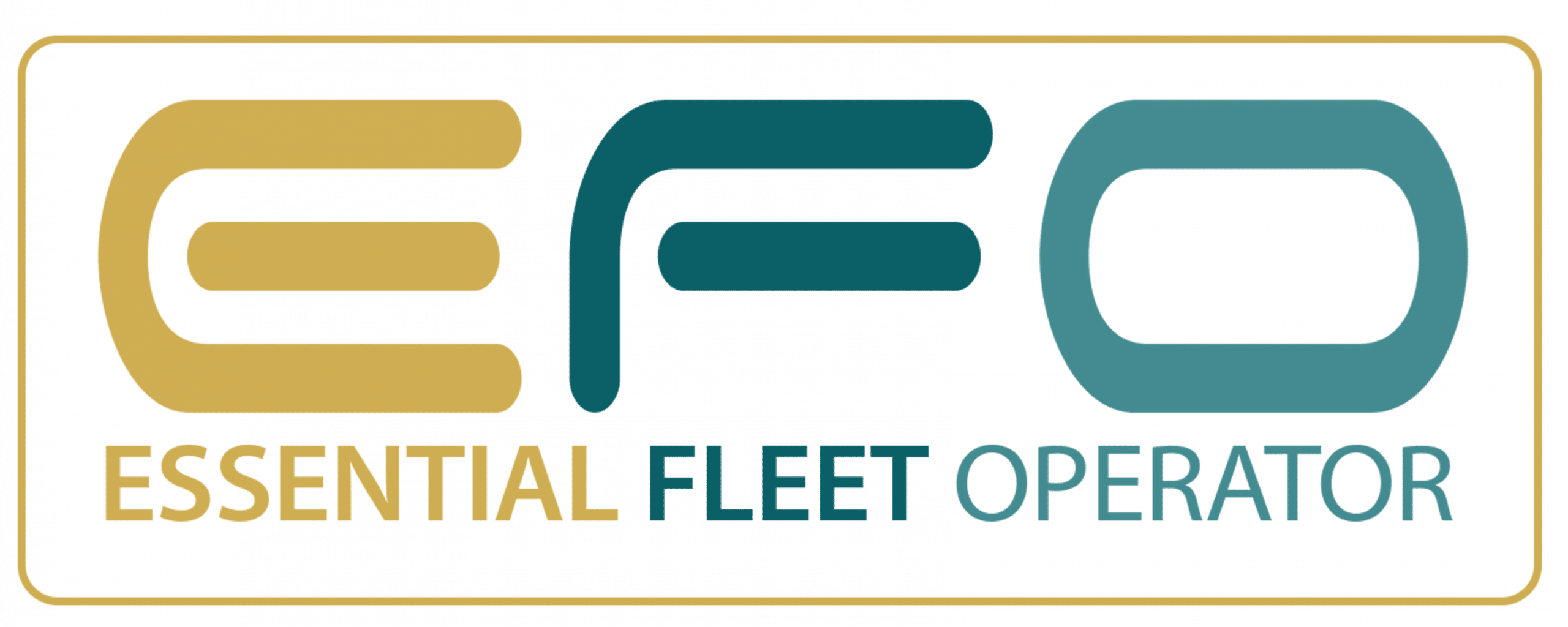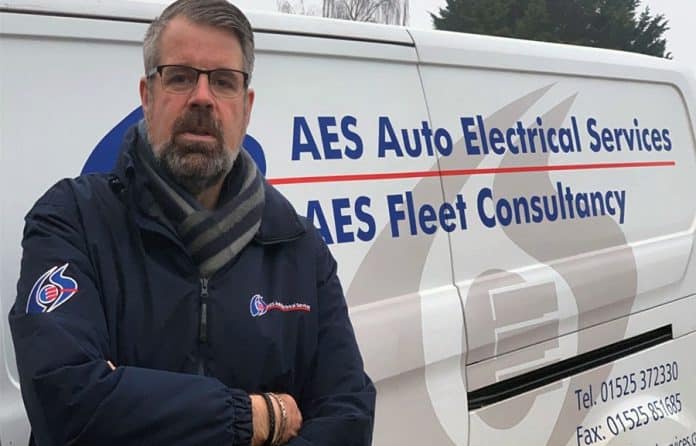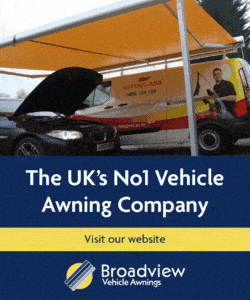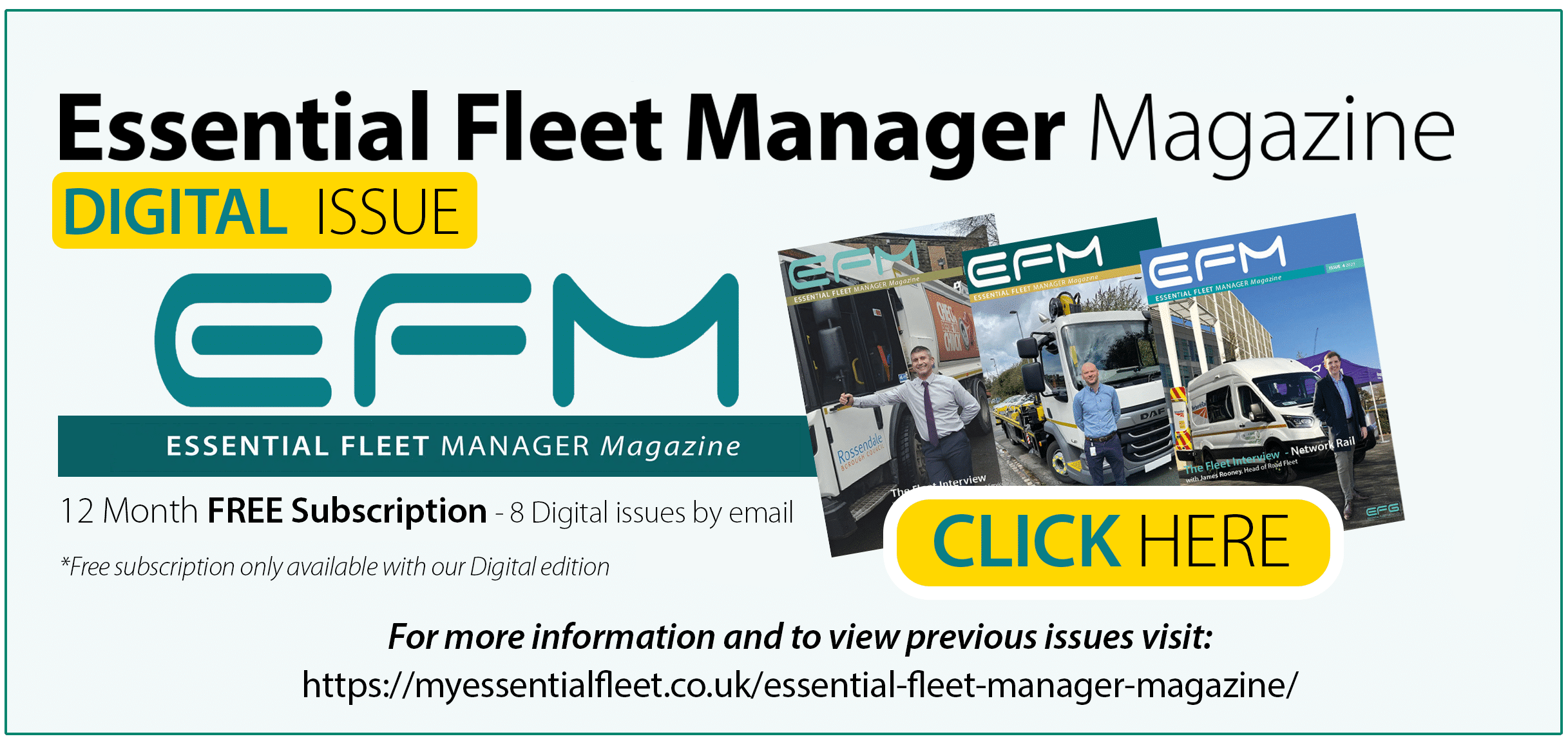FTSE-listed multinationals, household name private companies, large local authorities, NHS Trusts … right through to SMEs are collectively saving millions off their bottom line, simply by adopting a systematic approach to fleet management with the help of the free, government-backed Driving for Better Business programme.
Bedfordshire-based AES Fleet proves that the company doesn’t have to be huge to make sizeable savings. It runs nine Ford Transit vans, from which their mobile engineers fit and maintain camera systems, air conditioning units, telematics systems and more across the PSV, HGV and LCV sectors.
As with all road risk management, however, the company’s good practice starts at home and Managing Director Richard Stansfield says the business benefits to their fleet operation are substantial.
AES business benefits from road risk management include:
- Cheaper insurance year on year
- 25% cheaper running costs
- Better brand credibility
- No public complaints about poor driving in several years
- Immediate evidence should a claim occur with rapid first notification of loss
- No collisions in four years
- No unscheduled downtime
- Less absenteeism
- Peace of mind
Richard is adamant that fleets should not consider crashes as inevitable. “Collisions are preventable. If you manage road risk correctly from the start and ensure compliance and training throughout, then the result is a safe fleet,” he says.
He believes the fleet’s running costs are also reduced by approximately 25% each year through preventative maintenance. “Reactive maintenance is always more expensive and creates unplanned downtime.”
He cites brake pads as an example. If they are regularly checked and replaced, not only will the vehicle brake efficiently and safely but the discs won’t become damaged. “Conversely if you let the pads wear too far, you are suddenly replacing 10 discs as well as pads,” he says. “Regular maintenance prevents damage.”
AES also takes an active interest in driver welfare and mental health. Drivers have accommodation provided after long journeys, so they do not drive when tired. Both senior managers have taken mental health awareness training, so they know how to offer appropriate support.
“A van is a tool. However, if you put someone tired or unwell behind the wheel it is a weapon,” Richard says.
“My ethos is about getting everybody home safe to their families every night. That’s my underlying goal,” he adds. “We do everything we can to make that happen – and that’s the ultimate business benefit.”
To see more on AES and the full case study, see https://www.drivingforbetterbusiness.com/case-studies/business-champion/aes/#telematics




